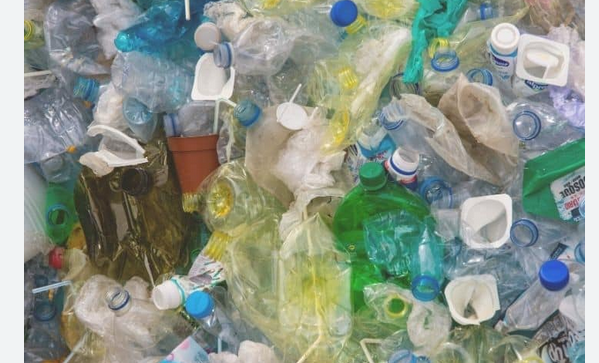
The world we are now living in today is fast-paced and technologies-driven, which includes triggered an important surge in the volume of plastic waste materials we generate daily. Nevertheless, with knowledge and recognition about the necessity of trying to recycle plastic materials, we could do something to lessen our co2 footprint and safeguard our environment. On this page, we are going to investigate the rewards plastics recycling and challenges of plastics recycling to learn far better why recycling plastics issues.
1. Benefits associated with plastics recycling
a. Reducing plastic-type material waste materials in landfills: Plastic requires numerous several years to decompose, which makes it a severe danger to the surroundings. By recycling plastics, we are able to decrease the level of waste that eventually ends up in landfills which will help prevent further problems for the surroundings.
b. Helps save electricity and sources: Producing new products from reused plastic materials calls for a lot less energy and sources than generating new items from virgin supplies. Recycling plastics aids save electricity and assets, which lowers greenhouse fuel emissions and protects the environment.
c. Produces opportunities: The plastic recycling sector creates employment opportunities for people operating in distinct sectors for example series, digesting, and logistics. This can lead to economical expansion and benefits for community communities.
2. Challenges of plastics recycling
a. Higher expense of trying to recycle: Trying to recycle plastics comes with a increased expense in comparison with manufacturing new services from virgin supplies. Not enough economical benefits for trying to recycle also contributes to this problem.
b. Plastic-type material toxic contamination: Pollution of plastic-type material spend with non-recyclable items can result in quality issues and lower the need for plastic squander, making it challenging to reuse.
c. Lower general public awareness: An absence of awareness about the value of trying to recycle plastics is an additional challenge. Lower public understanding brings about lower involvement ranges in plastic recycling applications and a significant amount of plastic-type material spend that ends up in trash dumps.
d. System challenges: A lack of enough facilities for accumulating, handling, and trying to recycle plastic material waste materials is yet another significant challenge for your plastic recycling industry.
Conclusion:
Recycling plastic materials is very important for your environment and our wellness. It offers rewards such as lowering plastic material squander, saving electricity and sources, and making opportunities. Even so, our prime value of recycling, plastic-type material contamination, low community awareness, and infrastructure difficulties symbolize the most significant difficulties for the plastic recycling market. It’s necessary to interact with each other to develop environmentally friendly methods to defeat these problems and promote the advantages of plastics recycling. Using this method, we are able to shield environmental surroundings, our health and wellness, and make a much better, eco-friendly potential for all.
